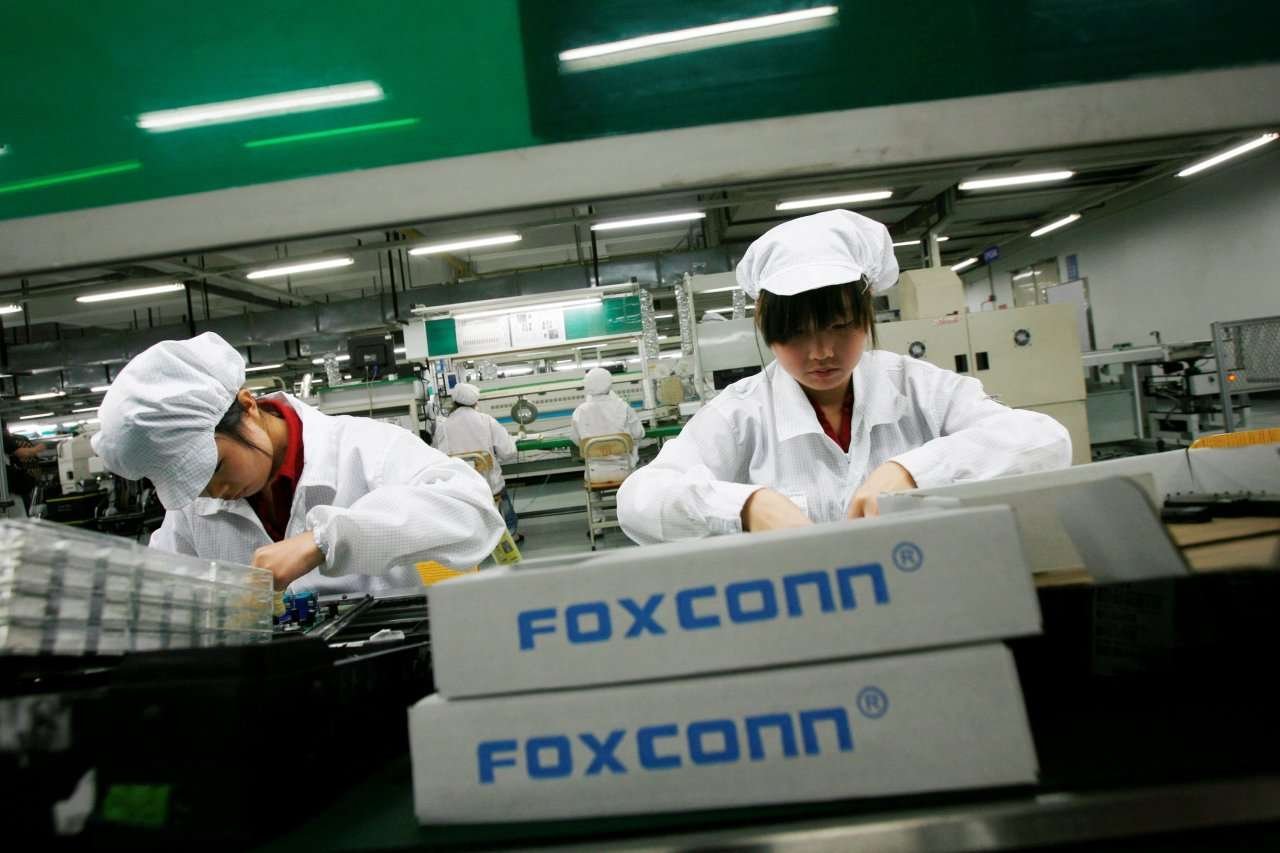Tech manufacturing giant Foxconn has reported record-breaking sales for the month of June 2025, driven largely by booming global demand for AI servers and cloud computing infrastructure. The company, best known as Apple’s top assembler, saw revenue soar as enterprises and governments worldwide continue to ramp up investment in next-gen computing technologies.
A Strong Finish to Q2
Foxconn’s June revenue reached an all-time monthly high, marking a significant rebound compared to the same period last year. The growth is largely attributed to:
- High-volume orders for AI server components
- Increased shipments of cloud infrastructure hardware
- Stable performance in consumer electronics ahead of new product launches
The company noted that demand for generative AI hardware, including GPU-heavy servers, has been especially strong as tech companies race to expand their AI capabilities.
Riding the AI and Cloud Wave
Foxconn has strategically shifted focus from being a traditional electronics assembler to a key player in AI and data center infrastructure. As businesses adopt large language models (LLMs) and cloud-native architectures, the need for high-performance servers and networking gear has skyrocketed.
“AI and cloud have become major growth drivers, not just for the industry but for Foxconn’s entire business model,” a company spokesperson said in a statement.
Diversification Beyond Smartphones
While Foxconn continues to support Apple’s product lines, including iPhones and MacBooks, it has made significant efforts to diversify into areas like:
- Electric vehicles (EVs)
- Semiconductor assembly
- AI and edge computing hardware
This strategic pivot appears to be paying off. Analysts say Foxconn’s ability to adapt to shifting tech trends is helping the company stay resilient amid global economic uncertainty and supply chain challenges.
What’s Next?
With major tech companies like Google, Microsoft, Meta, and OpenAI investing billions into AI infrastructure, Foxconn is well-positioned to benefit. The company also hinted at expanding its AI server production capacity in key markets including Taiwan, India, and the U.S.


